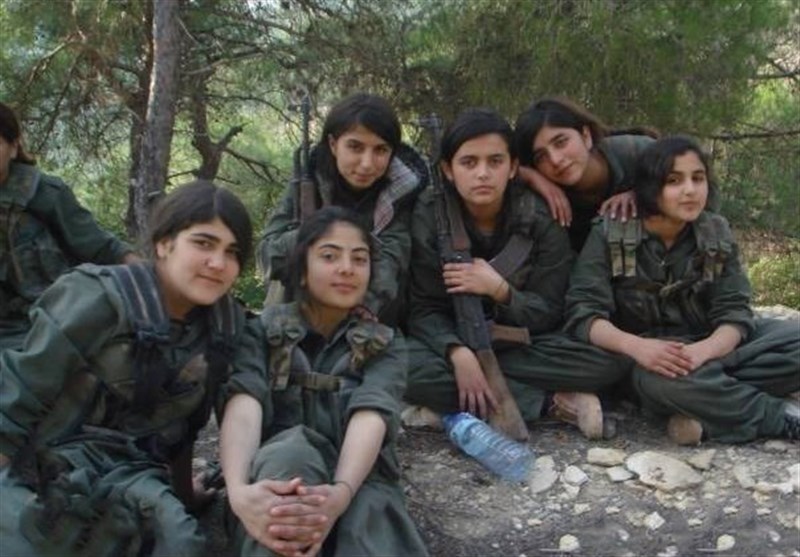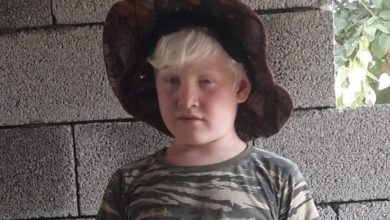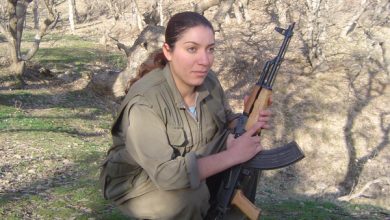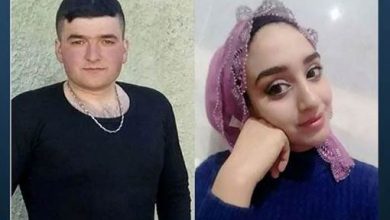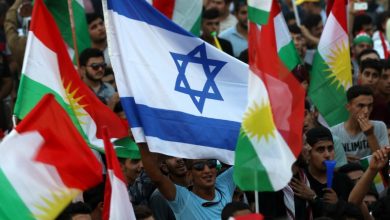59 countries signed the Paris Principles and Paris Commitments, which outline a practical approach to prevent the use of child soldiers and reintegrating current child soldiers into society.
The Paris Principles on the Participation of Children in Armed Conflict, adopted in 2007, define a child soldier as follows: “A child who is with a state armed force or a non-state armed group, refers to any person under the age of 18 and, as a combatant, cook, service and support force, spy or used for sexual purposes”. However, many children have been forced to join these groups or have been kidnapped.
The aim of the Paris Commitments and the Paris Principles is to combat the unlawful recruitment or use of children by state armed forces or armed groups. Their specific objective is to prevent the occurrence of this phenomenon, to secure the release of children concerned, to support their social reintegration and to ensure that they are afforded the greatest protection possible. In adhering to the Paris Commitments, the States agree to uphold certain basic principles which will allow them to achieve the set objectives. The Paris Principles give more detailed guidelines on the implementation of the Commitments. The two documents were formally adopted by 58 States in February 2007.
These principles pay special attention to girls. Because the possibility of their freedom, the effects that the experience of being in the armed forces or an armed group has on their physical, social and emotional conditions, is very different with boys. Based on these principles, it is important that the differences between the experiences of girls and boys are understood by all armed actors.
The Paris Principles and Commitments were adopted on February 5-6 2007 at the ‘Free Children from War’ conference organized by the French Government and UNICEF. The purpose of this conference was to bring together countries, non-governmental organizations and international organizations to discuss the issue of child soldiers. 59 countries signed the Paris Principles and Paris Commitments, which outline a practical approach to prevent the use of child soldiers and reintegrating current child soldiers into society. In the case of child soldiers, these principles emphasize that the illegal recruitment or use of children is a violation of their rights.
Therefore, preventive activities should be carried out continuously. The release, protection and reintegration (into society and family) of illegally recruited or exploited children should always be unconditional and should not be dependent on any parallel process of release or termination of the presence of adults. While these principles have been ratified by many countries since 2007, Iran still has not signed these principles. On the other hand, armed groups continue to use children as soldiers, and these principles have not been able to be a serious obstacle against this gross violation of children’s rights.

